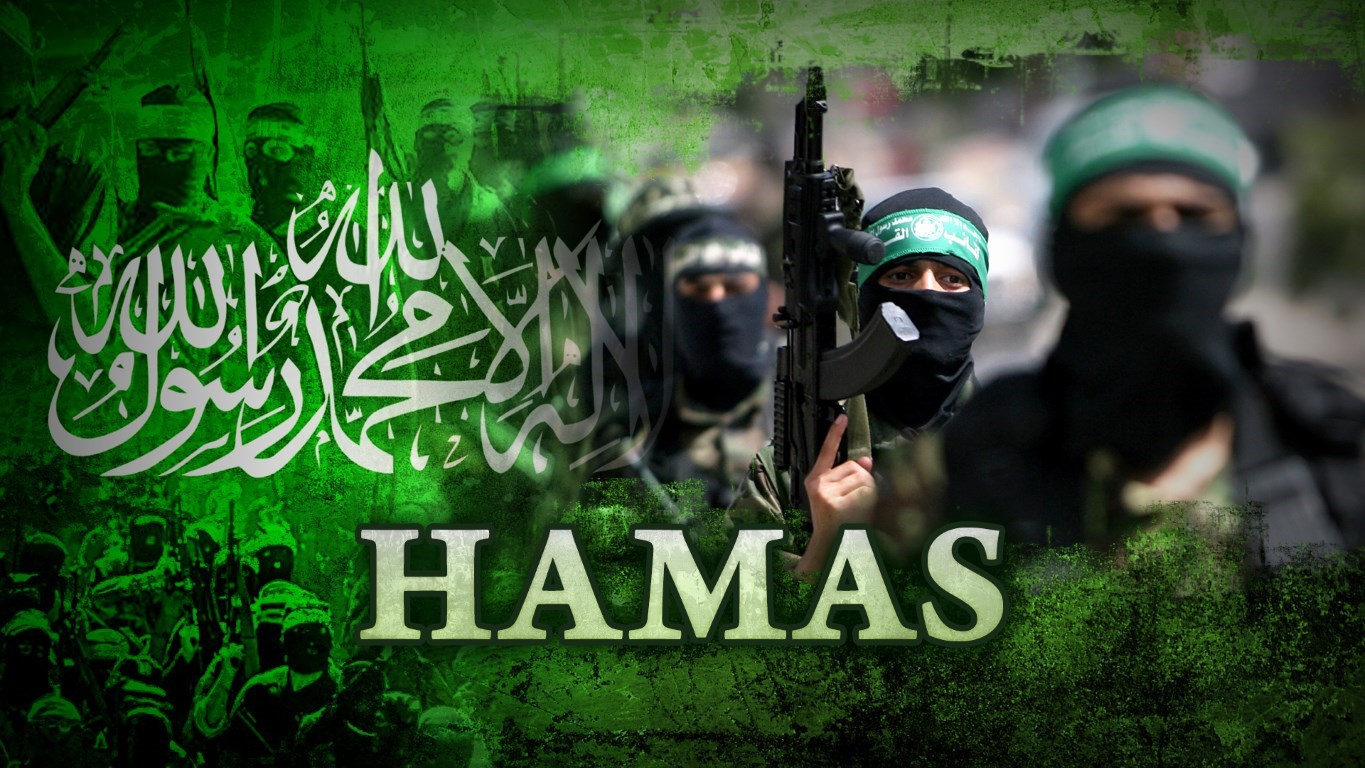Hamas’ current stance on Israel?
May 9, 2017 | Expert Insights

Ismail Haniyeh recently replaced Khaled Masheel as the Official Chief of Hamas following the group’s decision to shift away from the Muslim Brotherhood on the 2nd of May 2017. Palestinian Islamist group Hamas has a past rooted in armed resistance and struggle against Israeli authorities. Their recent agenda to destroy Israel has been dropped but they continue to deny Israel’s statehood. Consequently, Israel’s Prime Minister Benjamin Netanyahu reaffirmed Hamas’ possible threat to Israeli existence.
The Muslim Brotherhood and their associated factions have undertaken numerous armed attacks against people and governments. By dropping their links with them, Hamas has taken a step towards recognition as a definitive political unit. However, Hamas has not given up their violent methods. Officials defend their resistance as a tool that Israeli authorities will understand. Outgoing leader Masheel said that Hamas was not fighting against Judaism as a religion but against “aggressive Zionism.”
Why is Hamas important in the region?
As a faction of the Palestinian Liberation Organization (PLO) and the largest opponent of Fatah, Hamas has assumed greater responsibilities in administration, especially in the West Bank. Winning a majority in the Palestinian parliamentary elections, Hamas’ discord with Fatah has heightened. The PLO’s secular nature was contrasted by the militant nationalism of Hamas. However, Hamas has now moved to the more moderate methodology by agreeing to a transitional Palestinian state within the 1967 borders.
Historically, the region has been contested by multiple opposing groups who relied on military tactics. The Zionist movement was imperative to the formation of Israel as a state. Their status as a terrorist organization was withdrawn with them being recognised as the legitimate authority instead. The same historical narrative could follow in the case of Hamas, especially since the larger PLO is not deemed as an anti-state organization.
Hamas has distanced itself from Fatah and the PLO ideologically in terms of negotiations and administration. They have been more successful as a political entity due to their inclusive participation in politics which threatens the hegemonic power structure in West Bank.
Will this affect other countries?
Within Israel’s immediate neighbourhood, many countries are facing internal strife and discord. In the case of Syria, Hamas has moved to back the rebels against Assad. Iran’s support of Hamas might reduce as the former has closely worked with the Syria, Russia and Turkey in countering the revolt within Syria.
Lebanon’s refugee camps have harboured Hamas personnel who maintain an active role in Palestine’s resistance. Lebanon’s relationship with Israel while strained might worsen if the latter finds substantial reason to engage with them on possible grounds of threats to security.
Assessment:
Israel is yet to entrust greater responsibility on Hamas. The limited area governed by them has been encroached upon by Israeli settlements. As this increase, there is a subsequent rise in resistance, armed or otherwise, by the Palestinians whose historical ties to the land are being ignored. The rise in complications in West Asia as a fallout of the Arab Spring tends to distort the sphere of influence in play.
The Israel Europe gas pipeline could be threatened during the course of Israel and Palestine’s political dynamics.








Comments